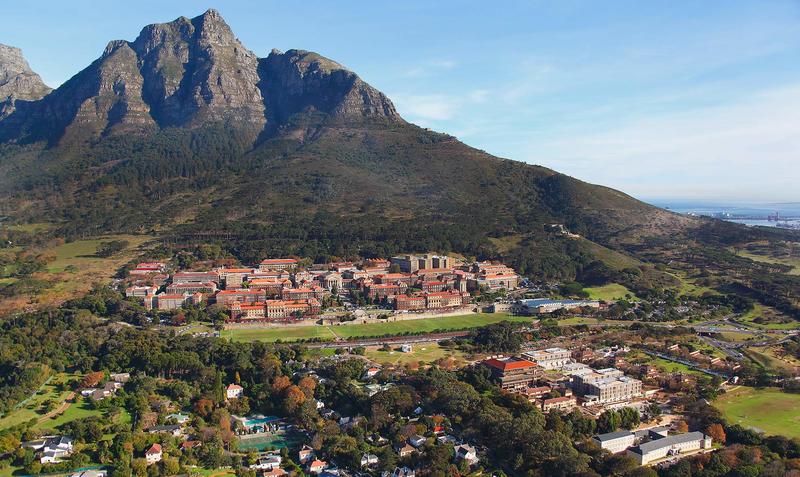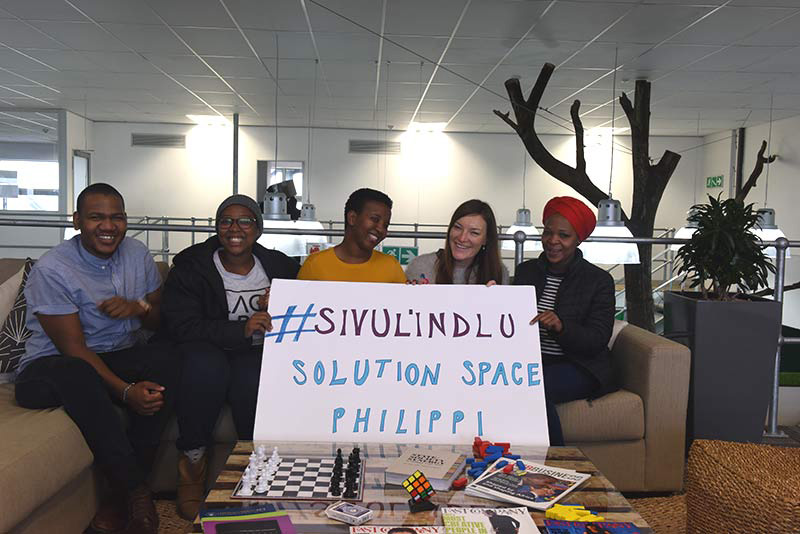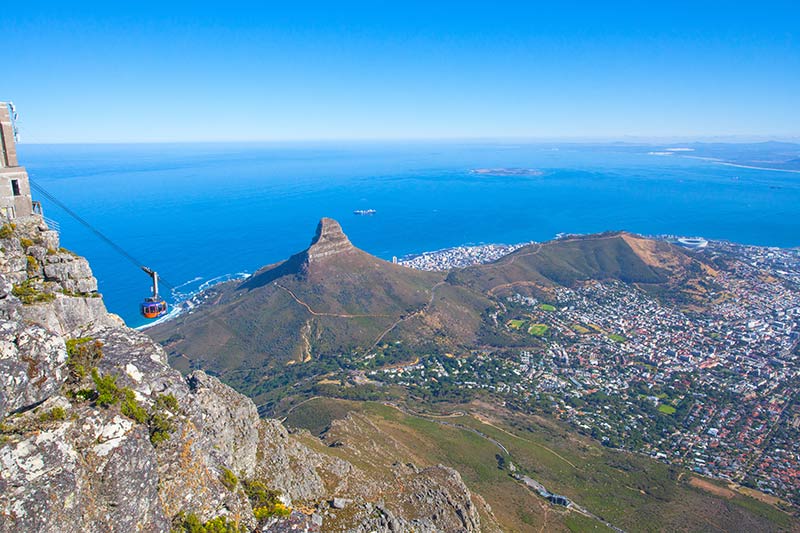About UCT and Cape Town
03 March 2021
UCT (mostly) by the numbers, as well as a few things you probably didn’t know about the university, Cape Town and the Western Cape.
The university has five strategic goals:
- Creating a new and inclusive identity
- Establishing global partnerships with a distinctive African lens
- Remaining a research-intensive university
- Harnessing innovation in teaching and learning
- Achieving social impact through engaged scholarship
40 different sports are available at UCT.
Sports facilities include:
- a rowing club
- astro turf hockey fields
- tennis and squash courts
- an indoor sports facility
- soccer, rugby and cricket facilities.
The UCT Gym is on lower campus near Graça Machel Hall and the Sports Science Institute of South Africa is based in Newlands.
There are over 100 societies to choose from.
Societies are run by students and reflect various interests, including academic, religious, cultural, social and political activities.
Students by faculty in 2020
- 6 458 – Commerce
- 4 586 – Engineering & the Built Environment
- 852 – Graduate School of Business
- 4 898 – Health Sciences
- 7 593 – Humanities
- 1 291 – Law
- 3 183 – Science
105 countries were represented on campus in 2020.
- South Africa – 24 610
- Southern African Development Community – 2 181
- Elsewhere in Africa – 948
- Elsewhere in the world – 1 024
- Undeclared – 98
28 861 students were enrolled at UCT in 2020.
- 15 511 female
- 13 323 male
- 24 transgender
- 3 unspecified
- 16 860 undergraduates
- 11 413 postgraduates
- 588 occasional students
4 317 new first-year students were accepted at UCT in 2020.
Around 7 000 students graduate each year.
4 928 permanent staff
- 3 744 professional, administrative support and service (PASS) staff
- 1 184 academic staff
78 languages are spoken at UCT.
The largest South African language groups are:
- English 15 719
- isiXhosa 3 191
- isiZulu 1 873
- Afrikaans 1 121
- Sepedi 595
- Setswana 582
12 things that make UCT unique

- #1 in Africa: UCT is the highest ranked African university according to Times Higher Education, Quacquarelli Symonds and other leading world university rankings.
- Oldest: Established in 1829, UCT is South Africa’s oldest university.
- Nobel laureates: UCT is alma mater to five Nobel laureates.
- SA’s first: In 2020 UCT launched the country’s first certified foundational Khoekhoegowab language short course.
- 12% of SA’s NRF-rated researchers: UCT has 513 National Research Foundation (NRF)-rated researchers.
- 50% women: 50% of permanent academics at UCT are women.
- 25 km2: The total area of UCT’s campuses, including its satellite facilities in Gardens, Observatory, Philippi and the Atlantic Seaboard.
- 53 349 linear metres (and growing): The capacity of shelving at UCT Libraries, which uses the cutting-edge search tool Primo to help you find the information you need.
- Cape Flats: The UCT Graduate School of Business’s MTN Solution Space in Philippi Village means the university has a physical footprint on the Cape Flats.
- d-school: The UCT Hasso Plattner Institute of Design Thinking is one of only three in the world.
- MOOCs: UCT now has 23 massive open online courses, which have attracted more than 350 000 people from over 100 countries.
- All-women: UCT is led by an all-women academic executive team, which is rare in higher education institutions around the world.
10 things you might not have known about Cape Town and the Western Cape

- Cape Town is locally known by at least three other names: The Mother City, the Cape of Good Hope and ||Hui !Gaeb.
- The city was home to Nelson Mandela for the bulk of his 27 years in prison.
- The Table Mountain Aerial Cableway is almost 100 years old. Well, not the actual cable car, but the service, which began in 1929.
- Table Mountain was originally known as Hoerikwaggo, the name given to it by the indigenous Khoisan people. UCT also has a Hoerikwaggo – a building on upper campus.
- Don’t be startled if you hear a loud bang at 12:00 every day. It’s the Noon Gun on Signal Hill, which has been fired every day since 1806.
- Afrikaans is the most widely spoken language in the Western Cape.
- The Western Cape is home to two UNESCO World Heritage Sites: Robben Island and the Cape Floral Region Protected Areas.
- The Knysna-Tsitsikamma region has South Africa’s biggest indigenous forests.
- The southern-most point in Africa is not Cape Point; it’s Cape Agulhas, which you’ll find some 300 km east of Cape Town.
- The Western Cape is roughly the size of Greece.
 This work is licensed under a Creative Commons Attribution-NoDerivatives 4.0 International License.
This work is licensed under a Creative Commons Attribution-NoDerivatives 4.0 International License.
Please view the republishing articles page for more information.






